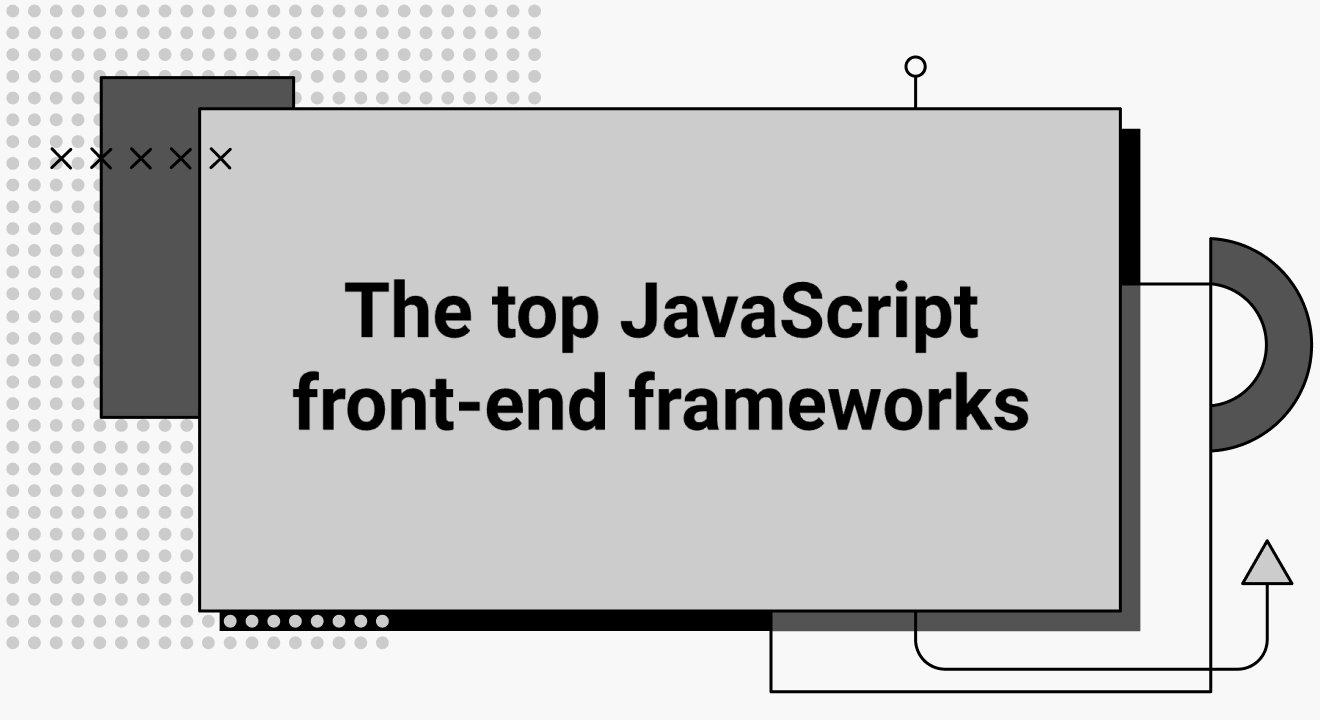CSP Insights
Your go-to source for the latest in news and information.
JavaScript Frameworks: The Unsung Heroes of Modern Web Development
Discover how JavaScript frameworks are revolutionizing web development and why these unsung heroes deserve the spotlight!
Top 5 JavaScript Frameworks You Need to Know in 2023
As we step into 2023, the web development landscape continues to evolve, and knowing the right tools is crucial for developers. Among numerous technologies, JavaScript frameworks have emerged as indispensable for building efficient and scalable applications. Here, we highlight the Top 5 JavaScript Frameworks You Need to Know this year:
- React: A library for building user interfaces, React remains a favorite due to its component-based architecture and vast ecosystem.
- Angular: Known for its powerful features and two-way data binding, Angular is an excellent choice for building dynamic web applications.
- Vue.js: Often praised for its simplicity and flexibility, Vue.js allows developers to incrementally adopt its features.
- Next.js: This framework is perfect for server-side rendering and static site generation, making it a go-to for modern full-stack applications.
- Svelte: Svelte stands out with its unique approach to compiling components at build time, resulting in faster applications.

How JavaScript Frameworks Simplify Complex Web Development
In the rapidly evolving landscape of web development, JavaScript frameworks have emerged as essential tools that simplify the complexities associated with building dynamic and interactive web applications. These frameworks, such as React, Angular, and Vue.js, provide developers with pre-written JavaScript code and structured methodologies, enabling them to focus on creating features rather than handling low-level programming details. By offering a robust set of tools and libraries, these frameworks significantly reduce development time, allowing for quicker iterations and faster deployment of applications.
Furthermore, JavaScript frameworks enhance maintainability and scalability of web projects. They promote best practices through component-based architecture, which allows developers to create reusable code components. This modular approach not only makes the codebase easier to manage but also facilitates collaborative development, as team members can work on different components simultaneously without causing conflicts. With features like built-in state management and optimized rendering, frameworks help developers deliver high-performance applications that can handle increasing loads over time.
What Makes a JavaScript Framework the Right Choice for Your Project?
Choosing the right JavaScript framework is crucial for the success of your project. A well-suited framework can significantly enhance your productivity, making it easier to build scalable and maintainable applications. Factors to consider include performance, community support, and learning curve. Each framework has its strengths; for instance, React is known for its virtual DOM and component-based architecture, while Angular offers a comprehensive solution with two-way data binding and dependency injection. Evaluating these features in the context of your project requirements will guide you towards the most compatible framework.
Additionally, it's important to assess the future of the framework and its alignment with industry trends. Popular frameworks like Vue.js and Angular have robust ecosystems that ensure ongoing updates and a wealth of resources. Before making a decision, consider creating a prototype to test the framework's capabilities and see how it integrates with your existing tools. Ultimately, the right JavaScript framework should empower your team, streamline development, and support long-term project sustainability.